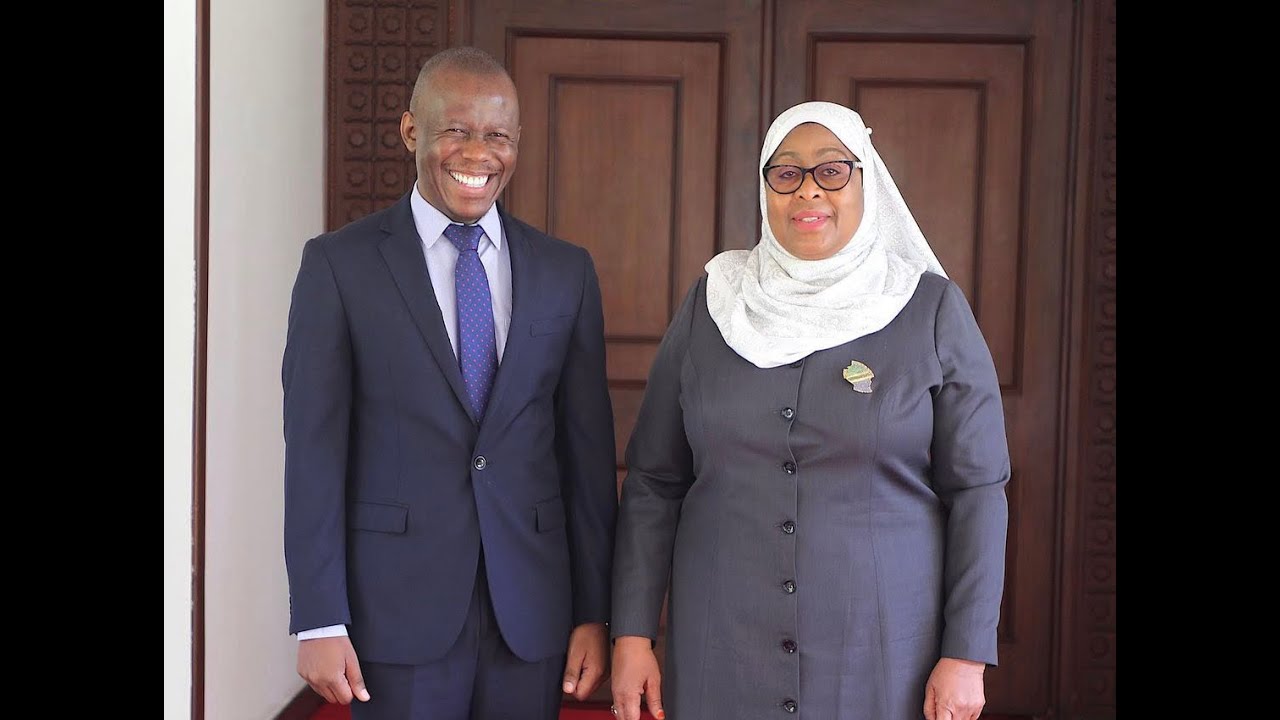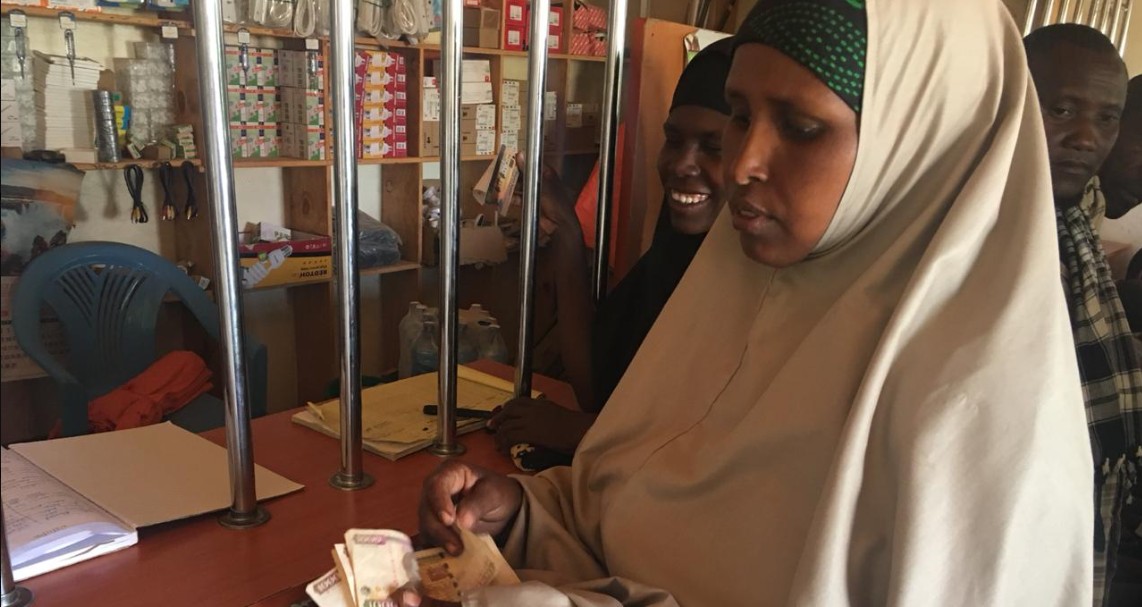AI in exam marking? Experts say Kenya’s new education Bill prioritises profit over learning

Scholar and CBC critic Wandia Njoya warned that the proposed reforms are not truly about using technology to enhance marking efficiency but are instead a smokescreen for commercial interests.
Concerns have been raised over a new Bill set to be tabled in Parliament, which proposes sweeping changes to the management and administration of national examinations and assessments, amid the continued rollout of the Competency-Based Curriculum (CBC).
Education experts and curriculum critics have cautioned that the Kenya National Educational Assessments Council (KNEAC) Bill 2025 appears to prioritise business interests over genuine educational reform. They argue that the proposed changes are driven by tenderpreneurs rather than aimed at improving the quality of education.
More To Read
- Coast schools urged to offer marine courses as CBC ushers in blue economy focus for senior secondary
- OpenAI to launch AI-powered browser, challenging Google Chrome with conversational web experience
- Kuppet warns TSC against non-monetary CBA deal, demands up to 70 per cent pay rise
- KUPPET gives government one week to release capitation funds or face school shutdown
- 'Samsung Unpacked 2025' showcases Gemini Pro’s AI edge, 10-bit HDR brilliance, bigger flex screen
- AI won’t replace computer scientists any time soon – here are 10 reasons why
The Bill seeks to overhaul the current examination system by introducing technology-based solutions such as electronic marking, AI-powered scoring, real-time assessments, and stricter penalties for exam malpractice.
Scholar and CBC critic Wandia Njoya warned that the proposed reforms are not truly about using technology to enhance marking efficiency but are instead a smokescreen for commercial interests.
“Kenyans, this isn't about tech. It's about business. Somebody is getting the tender to mark exams and is promising that they can do it with AI, removing those pesky teachers who are always disturbing the Ministry of Education over pay,” said Njoya.
Artificial intelligence
Njoya has criticised the proposed use of artificial intelligence (AI) in Kenya’s examination system, arguing that it is less about improving education and more about advancing commercial interests and the privatisation of public services.
The Kenya National Educational Assessments Council (KNEAC) Bill 2025 outlines sweeping reforms in the management of national examinations, aligning with the ongoing implementation of the CBC.
Central to the proposal is the replacement of the Kenya National Examinations Council (KNEC) with a new body, KNEAC, intended to better reflect the changing educational landscape.
The Bill introduces a variety of modern assessment tools, including AI-powered automated scoring, electronic marking, and traditional pen-and-paper methods. Other proposed technologies include optical mark recognition (OMR) and a system known as Automark, all aimed at enhancing the efficiency, reliability, and speed of exam processing.
Reduce human error
Proponents argue that AI-based marking will significantly cut down the time required to release exam results and reduce human error.
KNEAC will be tasked with developing clear guidelines for evaluating both formative and summative assessments, including practicals, projects, and oral exams.
These guidelines are expected to ensure consistency and transparency across all forms of assessment.
The new council will be chaired by a presidential appointee and will include representatives from key government institutions such as the Ministry of Education, the National Treasury, and the Commission for University Education, among others.
KNEAC will also collaborate with educational institutions and private sector stakeholders involved in exam administration and education management.
Another key feature of the Bill is the introduction of an online system for confirming exam results.
Applicants will be required to submit personal details—such as full name, institution attended, and ID number—and pay a processing fee.
Once verified, results will be sent directly to the requesting institution within ten working days and will only be valid for use by that institution.
For individuals seeking to replace lost certificates, the new law will require supporting documents, including a police abstract, proof of identity, and payment of processing fees. These measures aim to simplify and speed up the certificate replacement process.
If enacted, the reforms could help resolve ongoing disputes between the exams body and teachers’ unions over marking compensation. Last year, the Kenya Union of Post-Primary Education Teachers (KUPPET) protested a move by KNEC to eject certain teachers from national exam marking centres.
Top Stories Today











































